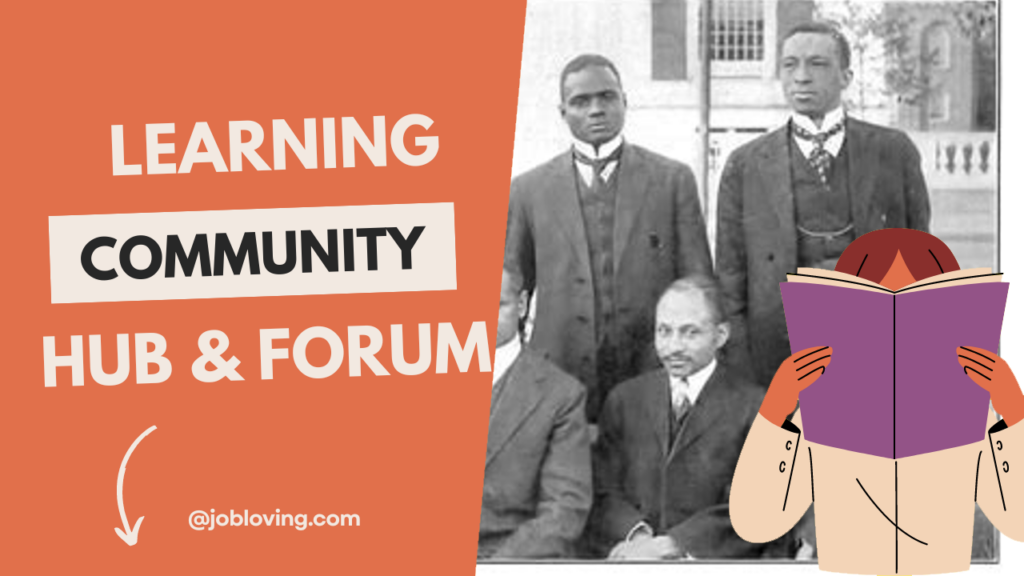Have you ever wondered if there’s a special category of Ivy League colleges that cater specifically to the Black community? You might be surprised! While the official Ivy League is a prestigious group of eight schools, there are historically Black colleges and universities (HBCUs) that also offer excellence in education and uphold strong traditions.
Quick answer: Yes, there are Black Ivy League colleges
Colleges like Spelman College and Morehouse College are often referred to as the Black Ivy League due to their high academic standards and the significant achievements of their alumni.
Diving deeper into this topic, the term “Black Ivy League” typically refers to a select group of prestigious HBCUs known for their academic rigor and cultural significance. Spelman College, an all-women’s college located in Atlanta, Georgia, is celebrated for empowering Black women and boasting a strong liberal arts curriculum. Similarly, Morehouse College, the only all-male HBCU, has produced numerous influential leaders, including Martin Luther King Jr. and more recently, filmmaker Spike Lee. These institutions, along with others like Howard University and Fisk University, offer high-quality education and have rigorous admissions processes, akin to those seen in Ivy League schools. This reputation has earned them a unique place in the educational landscape.
In conclusion, while the Ivy League itself comprises eight specific schools, the “Black Ivy League” concept is a commendable recognition of HBCUs that have excelled in fostering talent within the Black community. So, whether you’re looking for rigorous academics or a supportive environment, these institutions hold their own special charm. Want to explore more about these schools or other academic options? Join the JobLoving community for a treasure trove of resources and insights!
Key takeaways about Is there a black Ivy League?
Historical Significance and Legacy
- Over 100 HBCUs exist in America, with a select few forming the Black Ivy League.
- The founding of Lincoln and Cheyney Universities predates the American Civil War, showcasing historical significance.
- Historically, affluent black students preferred HBCUs but shifted to predominantly white institutions from 1970 to 1990.
- Despite struggles, Black Ivy League institutions maintain a legacy of producing influential African-American leaders and scholars.
- The legacy of Black Ivy League schools continues to influence the educational trajectory of African Americans today.
- The term “Black Ivy League” reflects a collective identity rather than an organized athletic or academic group.
- The debate over which schools belong to the Black Ivy League highlights the diversity of HBCUs.
Academic Excellence and Opportunities
- Black Ivy League schools attract high-achieving African-American students, offering prestigious educational opportunities.
- Black Ivy League schools enroll more black National Merit Scholars than elite institutions like Harvard and Yale.
- Morehouse College produces the highest percentage of black men earning doctoral degrees in the nation.
- Spelman College consistently ranks among the top ten women’s colleges in the United States.
- The Black Ivy League schools provide significant opportunities for both African American and non-African American students.
- Black Ivy League schools attract high-performing black students, fostering academic excellence and social mobility opportunities.
Notable Institutions and Their Distinct Roles
- Spelman College is ranked as the top historically black college and the leading Black Ivy League school.
- Howard University, known as “The Harvard of HBCUs,” has the most African American Ph.D. recipients.
- Tuskegee University is the top producer of African American aerospace science engineers in the U.S.
- Morehouse College is unique as a four-year liberal arts institution for predominantly black male students.
- Fisk University’s partnership with Vanderbilt supports underrepresented groups in accessing STEM doctorate programs.
- Dillard University offers a range of programs and has an acceptance rate of 39% for applicants.
- Clark Atlanta University prepares students for global leadership roles through innovative teaching and research.
- Hampton University has a competitive acceptance rate of 36%, emphasizing high academic achievement for applicants.
- Tuskegee University’s veterinary program has been a pioneer in training black professionals since the 1930s.
Challenges and Comparisons to Predominantly White Institutions
- Black Ivy League schools face challenges competing with Ivy League for resources, faculty, and student enrollment.
- Many Black Ivy League institutions struggle with funding and resources compared to their predominantly white counterparts.
- Financial aid policies at Ivy League schools create a competitive disadvantage for Black Ivy League institutions.
- Admission rates for Black Ivy League schools vary, with Spelman and Howard both at 51%.
- Average SAT scores for Black Ivy League schools range from 860 to 1217, showcasing academic rigor.
- The Black Ivy League is not officially recognized but serves as a prestigious informal classification.
Current Context and Influence
- W.E.B. Du Bois conducted significant sociological research at Atlanta University, impacting African-American studies profoundly.
- Howard University has the highest endowment among HBCUs, supporting its extensive graduate programs and initiatives.
- Financial aid is available at many Black Ivy League schools, enhancing accessibility for eligible students.
- Morehouse College’s unique all-male environment fosters a distinct educational experience focused on leadership development.
- The majority of Black Ivy League schools are located in the Southern United States, emphasizing regional impact.

